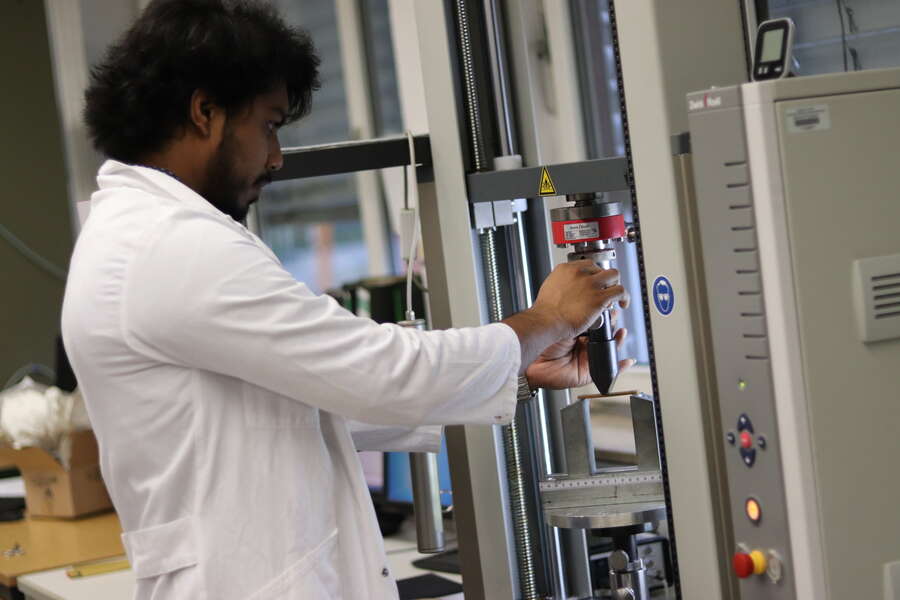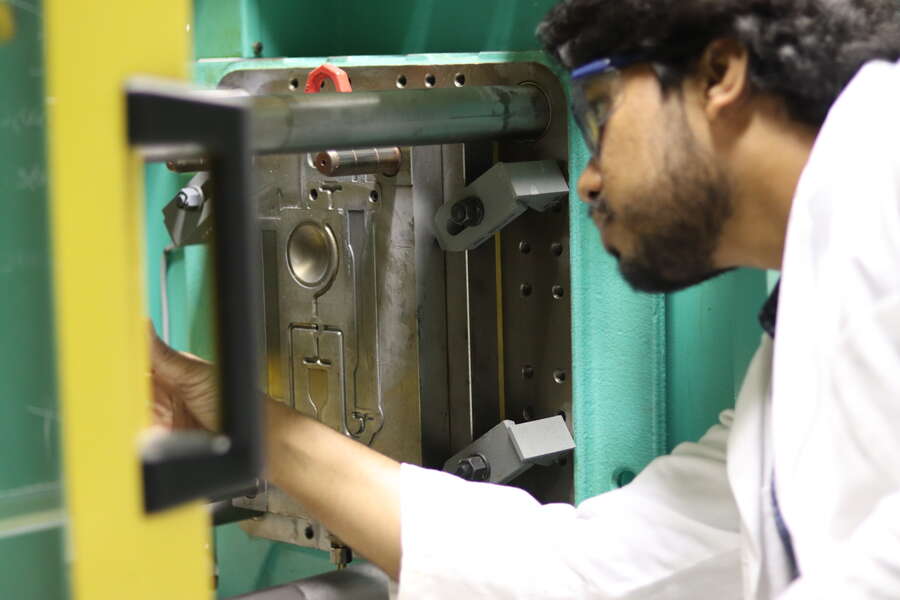
Employers look for Mechanical engineering job applicants, with great Mechanical and lab skills. Those who can also demonstrate them professionally. Read more about Mechanical and Lab Skills in this article.
By: Shashank Kadagala
Mechanical engineering is a lucrative and inherently gratifying profession. Engineers should have a strong educational and training background. As a result, a mechanical engineering (or mechanical engineering technology) bachelor’s degree is required. Many mechanical engineers additionally hold a master’s or doctoral degree in the field. Top Mechanical and Lab skills are required to be successful are follows
What Qualifications do Mechanical Engineers Require?
A Mechanical Engineer must have hard/soft skills, including thorough knowledge of industry standards and superior computer abilities because a mechanical engineer spends so much time planning, simulating, and testing. Mechanical engineers should also possess soft skills such as excellent analytical thinking and communication skills.
Mechanical engineers design, develop, analyze, and maintain mechanical equipment like tools, engines, and machines. These abilities are classified as either technical or soft capabilities. Everyone associates technical abilities with engineering. You should be able to learn most of these through your classes, project work, and internship experience. Soft skills often referred to as people skills, are frequently overlooked in schools. They are, however, arguably as crucial as technical abilities. From an engineering perspective, it might sound very surprising. According to a survey by Jobvite done on LinkedIn , 92% of talent experts believe soft skills are just as important as or more important than hard skills when hiring.
Mechanical Skills
Application of Mechanical Lab skills
As an engineer, you will execute testing regularly. As a result, the more equipment you can learn about, the better. Learn how to utilize the equipment and what kind of information you can get from it. Internships, lab classes, and working in a professor’s research lab can all help you gain this expertise.

The modulus of elasticity in bending (Ef), flexural stress (σf), flexural strain, and the material’s flexural stress-strain response are all determined by the three-point bending flexural test. This test is done with a three-point or four-point bent fixture on a universal testing machine (tensile testing machine or tensile tester).
Classification of Production Methods
- Extrusion Molding
- Injection Molding
- Compression Molding
- Pultrusion Process
- Transfer Molding

Designing plastic parts is a complex task involving many factors that address a list of requirements of the application. “What kind of material is used?” “How does it fit other parts in the assembly?” “What sort of loads will it experience?”. In addition to functional and structural issues, processing issues play a large role in the design of an injection-moulded plastic part.
Statistics and Data Analysis may be some of the Mechanical and lab skills that are undervalued in college. However, it is one of the few tools that engineers utilize daily. I was behind in this area because my undergraduate degree did not require me to take a statistics class. I overcome this by doing Research assistance for various projects during my master. Because of this prior knowledge, I can able to develop a Test method to analyse the acoustic behaviour of Thermoplastic material. Indeed help me understand the importance of project development and innovation.
Test Method Development
There will be testing in whatever industry you choose. You must be able to describe each step you took to complete a test so that it can be replicated. I understand that lab classes can be tiresome, but try to put this into practice there. I can call myself a research development Engineer because of the experience I involved in the development of test methods during my work at Fraunhofer Institute.
Design software Skills
As much as technical knowledge is important to be an Engineer the software skills are essential to be wholesome. My undergraduate degree included Computer-aided design (CAD) where I learn how to use software such as SOLIDWORKS, CATIA V5, Ansys and finite element analysis (FEM). The Mechanical and lab skills help me be familiar with drawings in both readings and designed, making me unique.
Problem-solving Skills
Problem-solving is the ultimate variable in engineering. That is where an engineer spends most of his or her time. These difficulties can range from technical difficulties to personnel management. You must be able to recognize, assess, respond to, and resolve problems. This is something that college does not directly teach you, but rather indirectly through your project work. Because it put your analytical skills to the test, these assignments are by far the most valuable learning experiences you’ll have during your college career.
Lab Skills/ Soft Skills
Communication and Leadership Skills
Engineers are leaders because they plan projects, lead meetings, settle problems, and delegate work. Mechanical engineers frequently create a product for a client. The Job market requires the candidate to explain complicated machines or devices to people who are unfamiliar with mechanical engineering. It is critical to demonstrate that you have effectively led a team project when applying for internships. This demonstrates that you fully comprehend the goal of a project as well as the individual tasks that must be completed. So, on the next group project, rise and take on a leadership role to put this skill into practice!
Time Management
Engineers work on a variety of projects at once, each with its own set of deadlines. As a result, being able to effectively manage time and understand your work priorities is critical. Your tough academic schedule should help design an effective time management technique. Knowing the right resource or person to go to when you need assistance is one of the keys to being effective at your job. Nobody expects you to know all the answers, but they do expect you to figure out how to get them. Identify subject matter experts in your field to whom you can reach out.
Conclusion
Overall, Soft skills are as much important as technical skills. one can be an expert in these skills by constant learning and working on projects.
Related Keywords
Mechanical design, Autocad, Automotive, Engineering design, Drafting, Machinery, Cad software, Prototyping, Design process, Mechanical systems, 3d cad, Fabrication, Technicians, Engineering degree, Prototypes, Hands-on, Computer aided engineering, Machining, Design engineering, Cad-cam, Assemblies, Numerical, Product-development, Prototype, Cam, Laboratories, Drafting and design, Management skills, Professional engineer, simulate.

